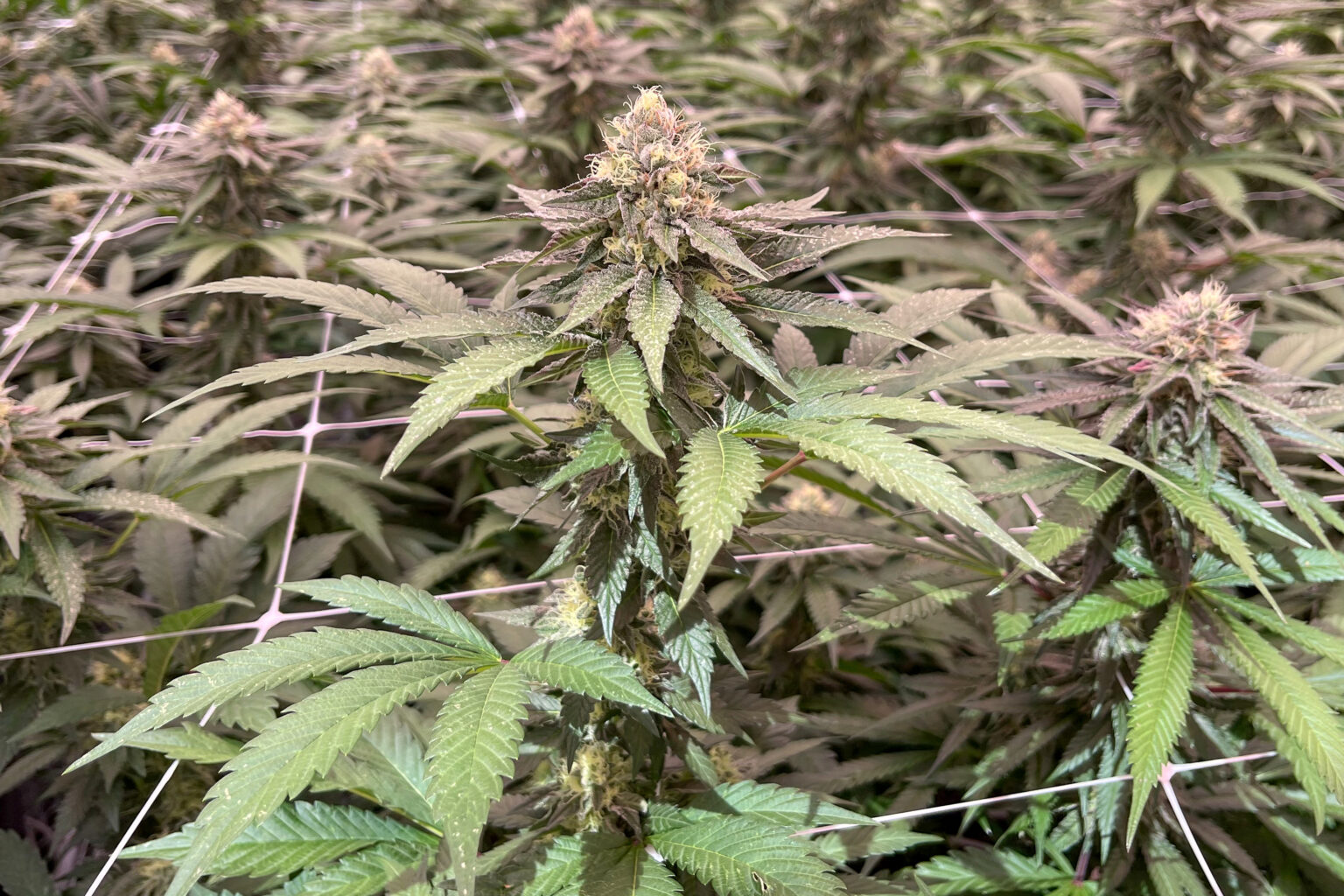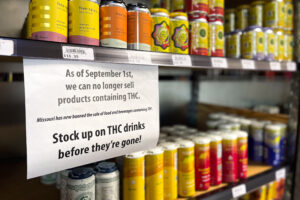12:09
News Story
Missouri’s marijuana businesses would have fewer obstacles when it comes to accessing banking, under legislation approved Thursday.
Few banks nationwide serve cannabis businesses and their owners — or even their auxiliary partners — because most want nothing to do with a business that sells a product the federal government still considers illegal. That’s true even in states that have legalized marijuana.
On Friday, the Missouri House passed a bill allowing marijuana business owners to sign a waiver giving permission for state agencies to share their licensing and inspection information with their financial institutions.
The feds have advised banks that they can provide services to the marijuana industry if they follow the Financial Crimes Enforcement Network (FinCEN) guidelines.
FinCEN requires banks to inspect every facility and licensee to make sure they’re legal and reputable — something the Department of Health and Senior Services, which oversees the state’s marijuana program, already does, said Jim Regna, CEO and founder of Triad Bank.
“In lieu of doing our own inspections,” Regna told lawmakers in March, “it’d be very, very helpful for us to be able to get this information from the Department of Health and Senior Services to make the program fluid and keep us in compliance with federal regulators.”
The provision was part of a wide-ranging public safety bill that also includes requiring fingerprint background checks for all cannabis employees and contractors — language that also passed on a separate bill on Thursday.
The bill is now headed to the governor’s desk.
Sen. Steve Roberts, D-St. Louis, has sponsored the bill since 2021 and says it has passed out of the Senate committee every year but always stalled after that. His bill this year also passed out of the House Friday, and needs one more vote from the Senate.
Roberts said the information from DHSS on licenses is required for financial institutions to comply with the U.S. Department of Treasury’s analysis to combat money laundering and other financial crimes.
“This bill also permits agencies involved to share information,” Roberts said during a hearing in February, “so that the banks or credit unions may ensure the business is a legal cannabis business, paying taxes to the state of Missouri.”
Republican Rep. Chad Perkins of Bowling Green also sponsored a bill this year. He told lawmakers during a March hearing that the bill is about giving banking institutions “some protection” if they chose to provide services to marijuana businesses.
“If you were questionable about Amendment 3 last year, you would think that these banking industries have a right to a little more transparency,” Perkins said. “So I would think you would really want to support this.”
The bill has support from the Missouri Division of Finance, the Missouri Bankers Association, the Missouri Credit Union Association, as well as The Missouri Cannabis Trade Association, which represents cannabis professionals and businesses.
Supporters also said helping cannabis businesses get access to banking is a public safety issue. Major credit card companies don’t permit cannabis purchases. That means all transactions for cannabis businesses nationwide are done in cash.
“There’s this divide between the federal and the state perspective on the topic that puts banks in a kind of tricky position,” said Jackson Hataway, president of the Missouri Bankers Association.
That divide has left businesses unbanked, victims of frequent robberies and at the mercy of companies offering banking services for exorbitant fees — some that have now been deemed in violation of federal financial laws.
The association is advocating for the federal Safe Banking Act, which is proposed legislation aiming to allow banks to do business within states that have legalized marijuana. It’s cleared the House several times, but has not yet passed.
“So we remain in the current quagmire we’re stuck in,” he said, “where you have a lot of states like Missouri that have upward pressure from businesses to have a secure and safe banking environment. Because if they’re all cash, they’re very risky.”
Our stories may be republished online or in print under Creative Commons license CC BY-NC-ND 4.0. We ask that you edit only for style or to shorten, provide proper attribution and link to our website. AP and Getty images may not be republished. Please see our republishing guidelines for use of any other photos and graphics.





